Explaining why the retirement age for generals was not raised to 62, Minister of National Defense Phan Van Giang shared that the job of a military officer is very special.
Wondering why retirement age for general officers is not raised to 62?
On the afternoon of October 28, the National Assembly discussed in groups the draft revised Law on Officers of the Vietnam People's Army, with many opinions focusing on raising the retirement age of active officers.
Concerned about the content of the regulation on retirement age for military officers at the general level, delegate Nguyen Van Manh - Deputy Head of the National Assembly delegation of Vinh Phuc province said that the draft stipulates the retirement age as 60 (applicable to both men and women). The age for men remains the same, only the age for women is increased from 55 to 60 years old compared to the old law.
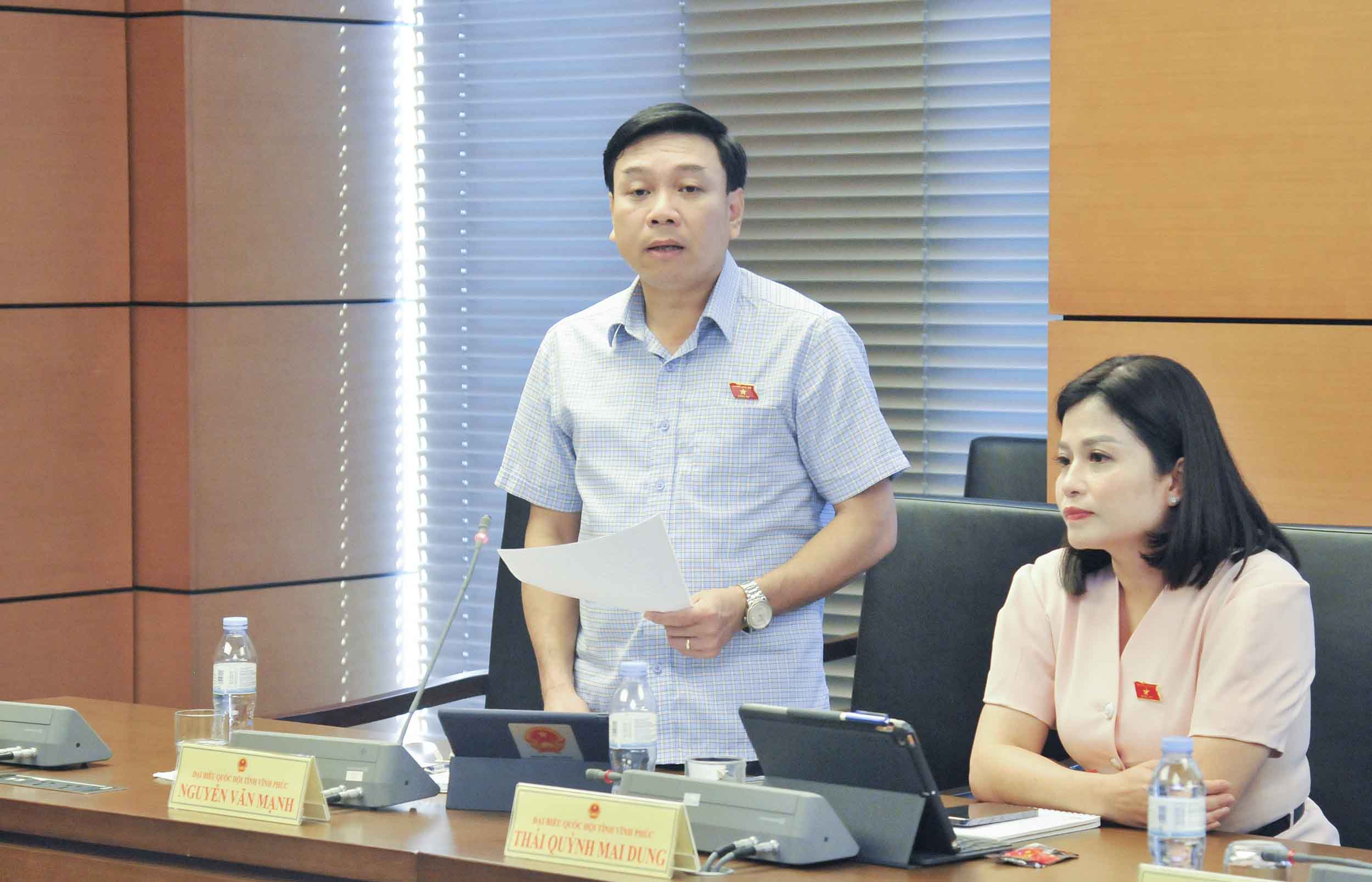
Nguyen Van Manh (Deputy Head of the National Assembly Delegation of Vinh Phuc Province).
"The regulation of the age of 60 is not consistent with the regulations in the recently revised Law on Public Security. The Public Security stipulates the retirement age for male generals is 62 years old and for female generals is 60 years old. The draft law is also not compatible with the Labor Law, because this law stipulates the retirement age is 62 years old for men and 60 years old for women," said Mr. Manh.
Delegate Thach Phuoc Binh - Tra Vinh National Assembly Delegation said that in reality, there are officers at middle and high ranks who need to hold important positions but there are no suitable replacements. Therefore, it is necessary to consider extending the service age for some special positions.
In many countries with developed militaries, the age of active service for officers is also differentiated by rank, but is often more flexible for senior ranks such as colonel or general if the officer is in good health and has made special contributions.
Therefore, according to Mr. Binh, the regulation of fixed retirement age for the highest ranks may limit the utilization of the experience of veteran officers. Therefore, it should be considered to extend by 1-2 years for some ranks such as colonel and general, depending on the specific mission requirements.
Different retirement ages should be studied for each military branch.
Delegate Thach Phuoc Binh also suggested that the drafting committee study and stipulate different retirement ages for each military branch and service in the law based on factors such as the specific work, health, mission requirements of each military branch and service, and the benefits that this policy can bring to the military force.
Explaining the proposal, Mr. Thach Phuoc Binh gave many reasons such as the different military branches such as infantry, artillery, navy, air force, special forces... all have different job characteristics and health requirements.
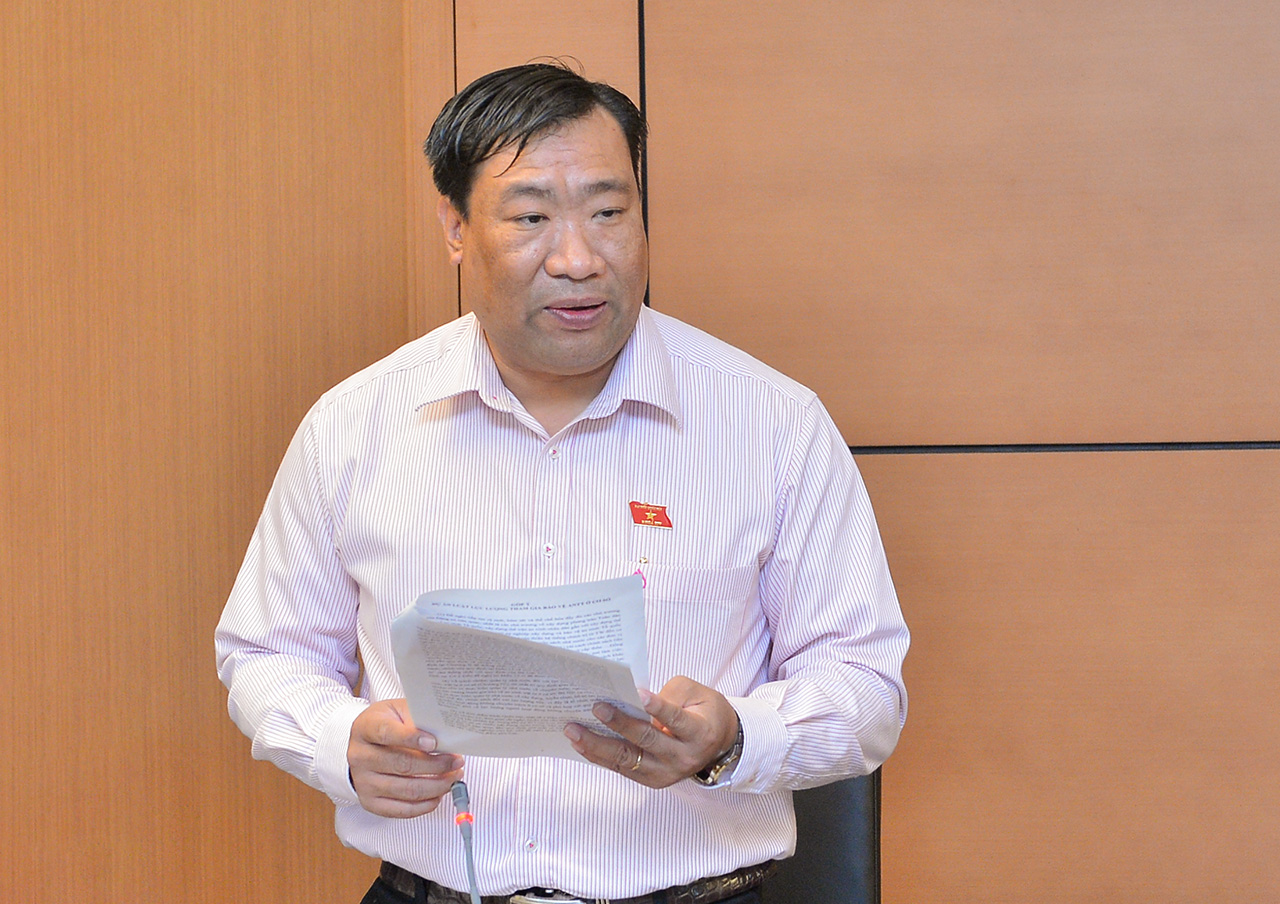
Delegate Thach Phuoc Binh (Tra Vinh National Assembly Delegation).
Each branch of the military has its own unique requirements and contributions. Applying a common retirement age could lead to inequities when physical requirements and work intensity are different.
For example, air force or naval officers, who often work in dangerous and high-pressure environments, will have difficulty maintaining their health until the general retirement age. If the retirement age is adjusted appropriately, young officers will have the opportunity to advance and take on greater responsibilities.
"This will create motivation to strive and reduce the situation of "slow promotion" because many officers with seniority but not in good health still hold their positions, affecting the development ability of the young force," according to the delegate from Tra Vinh.
Citing experience from other countries and practical contexts, he said that many countries with professional armies such as the United States and Japan have applied different retirement age regulations for each military branch.
For example, the United States requires officers in special forces and rapid reaction forces to have a lower retirement age because the nature of the work requires high physical strength and quick reflexes.
Delegate Binh said that Vietnam is currently facing new requirements in protecting its sovereignty, especially in its sea and island areas. To meet long-term missions, the army needs a force of young officers with good health and endurance.
Therefore, different retirement ages will help maintain a team of officers with high combat readiness, meeting defense needs in the new context.
Minister of Defense explains
Speaking at the meeting, Minister of National Defense Phan Van Giang clarified concerns about the proposal to raise the retirement age for officers according to the draft law.
He said raising the service age limit will allow officers of the rank of lieutenant colonel or below to retire with enough years of social insurance participation to receive a maximum pension of 75%, in accordance with the Law on Social Insurance.
Because according to this law, employees who have paid social insurance for 35 years for men and 30 years for women will receive a maximum pension of 75%.
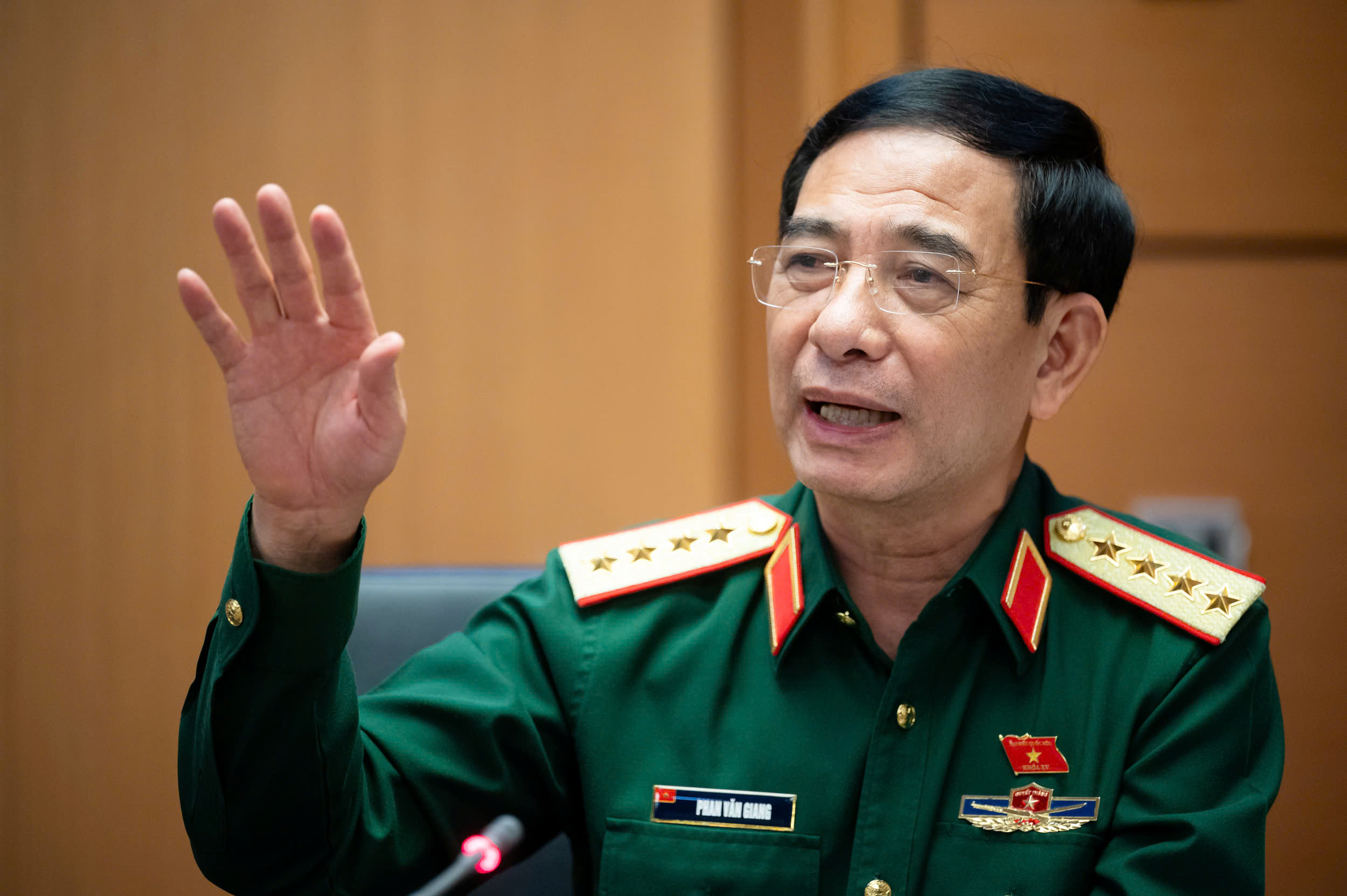
Minister of National Defense Phan Van Giang speaks at the meeting.
Regarding the idea of separating the retirement age for generals for men and women, the Minister of National Defense said: "We have calculated and recalculated, female soldiers should retire early because it is very hard. But up to now, there has rarely been a period when there were 3 female officers as generals. In the end, we decided not to separate the retirement age for men and women."
Regarding concerns about why the general level is regulated to retire at the age of 60, instead of up to 62 as in the revised Law on Public Security, the Minister of National Defense said that the work of military officers is of a special nature so it is difficult to raise it any further.
He gave the example of an officer around 40-45 years old, who still has to march with the army hundreds of kilometers a year. He walks 25-27 kilometers a day, sometimes up to 30 kilometers. If he cannot find a place to sleep, he has to walk for another hour, and there is no way he can get into a car after walking 5-10 kilometers.
"We must train from peacetime. If we only drive cars during peacetime and don't train, when war forces us to walk, we won't be able to walk," according to Minister of National Defense Phan Van Giang.
Source: https://www.baogiaothong.vn/bo-truong-quoc-phong-ly-giai-de-xuat-khong-nang-tuoi-huu-cap-tuong-quan-doi-192241028180939599.htm






![[Photo] National Assembly Chairman Tran Thanh Man attends the Party Congress of the Committee for Culture and Social Affairs](https://vphoto.vietnam.vn/thumb/1200x675/vietnam/resource/IMAGE/2025/5/11/f5ed02beb9404bca998a08b34ef255a6)





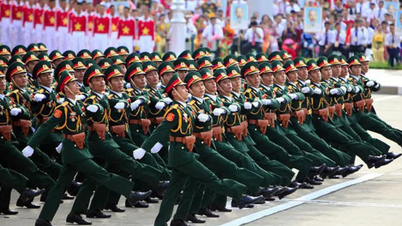
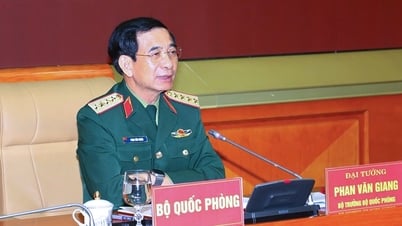
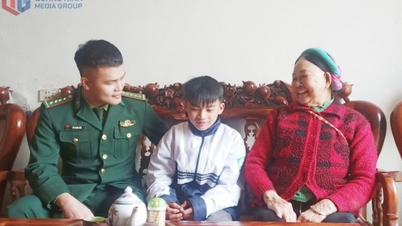





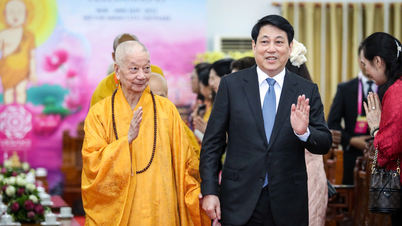
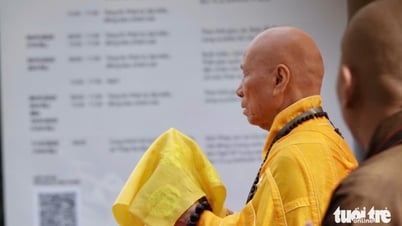
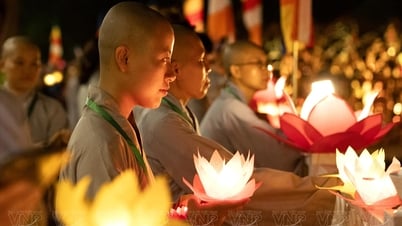
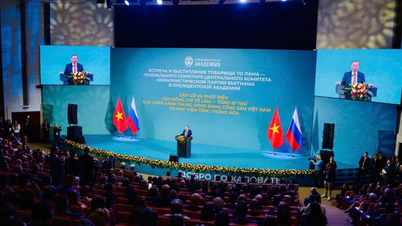










![[Photo] Discover the beautiful scenery of Wulingyuan in Zhangjiajie, China](https://vphoto.vietnam.vn/thumb/1200x675/vietnam/resource/IMAGE/2025/5/11/1207318fb0b0467fb0f5ea4869da5517)
![[Photo] National Assembly Chairman works with leaders of Can Tho city, Hau Giang and Soc Trang provinces](https://vphoto.vietnam.vn/thumb/1200x675/vietnam/resource/IMAGE/2025/5/11/c40b0aead4bd43c8ba1f48d2de40720e)



















































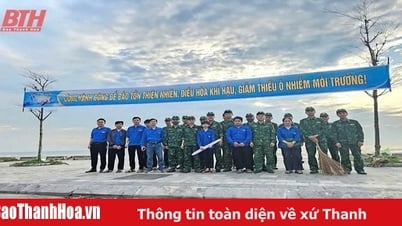












Comment (0)